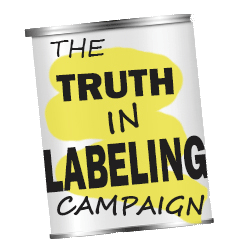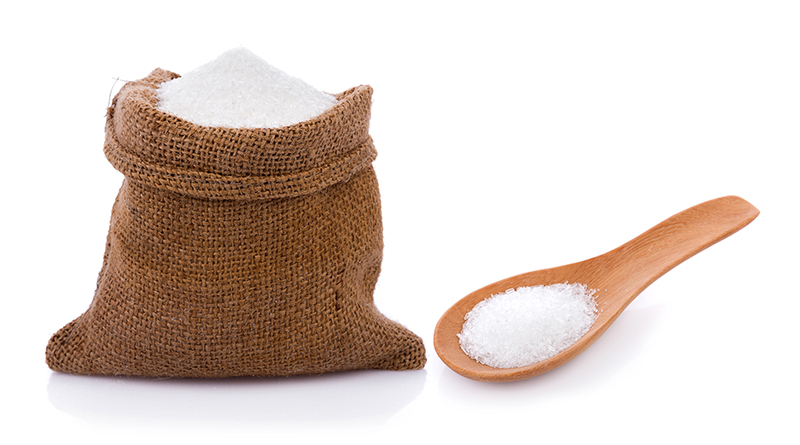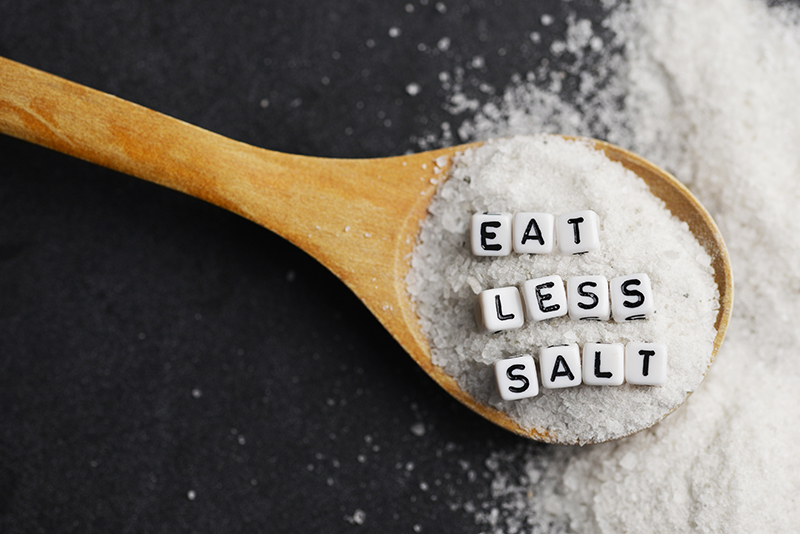Did the people at Edelman Public Relations (who currently have a multi-million dollar Ajinomoto account) dream up substituting MSG for salt to cut down on sodium intake, or is this a Glutamate Association original to promote sales of MSG?
Plenty of “salt is bad for you” articles can be found, such as this one at SFgate that states: “… if you consume too much sodium, over time this can lead to potentially serious health problems. Managing your sodium intake is of key importance to maintaining your health and well-being.”
On the other hand, glutamate-industry propaganda almost always contains at least a line or two claiming that MSG contains less sodium than table salt – without mentioning that MSG contributes to brain damage, obesity, infertility, a-fib, migraine headache, asthma, seizures and more.
So, if you’re trying to manage your sodium intake for health reasons, why on earth would you purposefully ingest products that are loaded with brain-damaging, obesity-producing, infertility-causing glutamate?
If you have questions or comments, we’d love to hear from you. If you have hints for others on how to avoid exposure to MfG, send them along, too, and we’ll put them up on Facebook. Or you can reach us at questionsaboutmsg@gmail.com and follow us on Twitter @truthlabeling.



